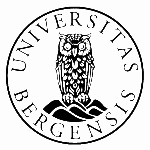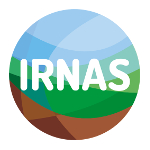Integrative analysis of extremophiles in search for new biotechnological solutions.
The project started on May 2014 and will finish on November 2015.
Integrative analysis of extremophiles in search for new biotechnological solutions. NILS Science and Sustainability programme, EEA Grants, 003-ABEL-CM-2013.
A sustainable bioindustrial economy requires replacing chemical processes by green, renewable bio-based alternatives. Microorganisms represent the best potential target for biotechnology. Among them, the extremophiles (microorganisms living, for example, under extreme temperature and pH) include the most resistant cells and enzymes required to support the hardiest industrial processes. This action focuses on searching for new hydrolytic biocatalysts, a first step in biotransforming complex residues into assimilable molecules. The strategy includes the major stages: cells, genomes, enzymes and mathematics as an integral approach to model, design and discover novel biocatalysts such as highly resistant enzymes or novel functionality for existing genes. This project involves four research groups, one Norwegian (University of Bergen) and three Spanish teams (IRNAS-CSIC, Center of Astrobiology-CSIC, University of Sevilla). The aim is to join multidisciplinary views to generate biotechnological solutions and advancement into the hydrolysis of cellular materials and residues.
Also, visit the link at the University of Bergen.

Participating institutions:
University of Bergen, Norway. Principal Investigator: Nils-Kåre Birkeland.
University of Sevilla, Spain. Principal Investigator: Ana Rosa Dianez.
Center of Astrobiology, CAB-CSIC, Spain. Principal Investigator: Ricardo Amils.
Institute of Natural Resources and Agrobiology, IRNAS-CSIC, Spain. Principal Investigator and project coordinator: Juan M. Gonzalez.





Supported by a grant from Iceland, Liechtenstein and Norway through the EEA Finantial Mechanism. Operated by Universidad Complutense de Madrid
Tel. +34 95 462 4711 (ext. 146); Fax +34 95 462 4002
E-mail: jmgrau@irnase.csic.es